15 Childhood Lessons We Later Learned Weren’t True
Growing up, we were taught many things by our parents, teachers, and other well-meaning adults. While many of those lessons were helpful, some turned out to be inaccurate once we got older. Whether they were meant to protect us, keep things simple, or just sounded nice, these messages didn’t always hold up in real life.
As adults, we started to see the world more clearly and realized some of those childhood beliefs weren’t quite right. Here are 15 common lessons from childhood that we’ve since learned: don’t tell the whole story.
Sticks and Stones May Break Your Bones, But Words Can’t Hurt You
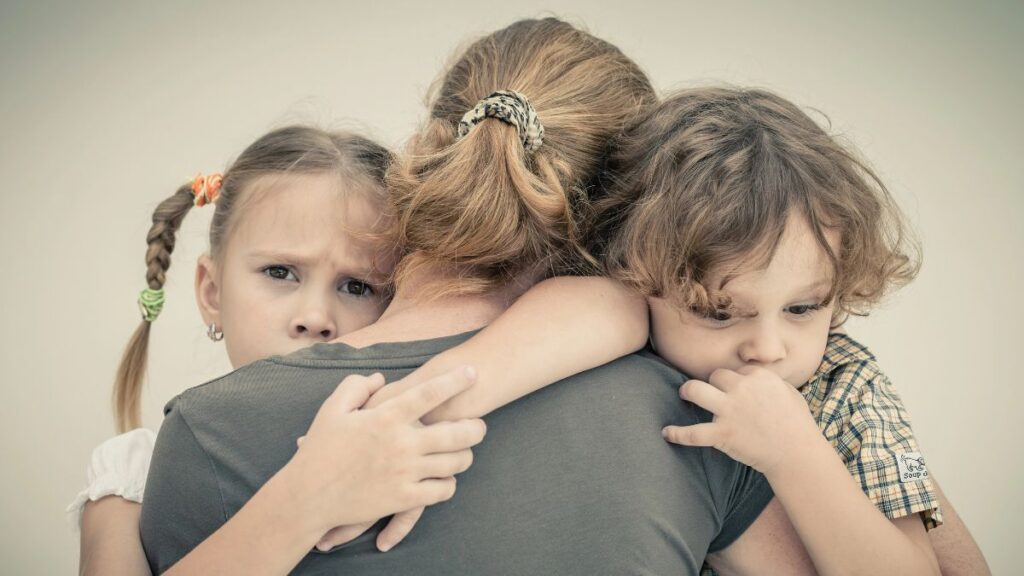
This phrase was supposed to teach us to ignore bullies, but it’s not really true. Words can hurt deeply and leave lasting emotional scars. Being teased, judged, or made to feel small can affect self-esteem for years.
Emotional wounds might not be visible, but they can be just as painful as physical ones. It’s important to recognize how powerful our words can be.
If You’re Nice, Everyone Will Like You

We were taught that being kind would make everyone treat us well, but real life doesn’t always work that way. Some people take advantage of kindness or may not respect it. While being kind is always a good choice, it doesn’t guarantee approval from others.
Learning to be kind without expecting something in return is part of growing up. It’s more important to respect yourself than to be liked by everyone.
Good Things Come to Those Who Wait
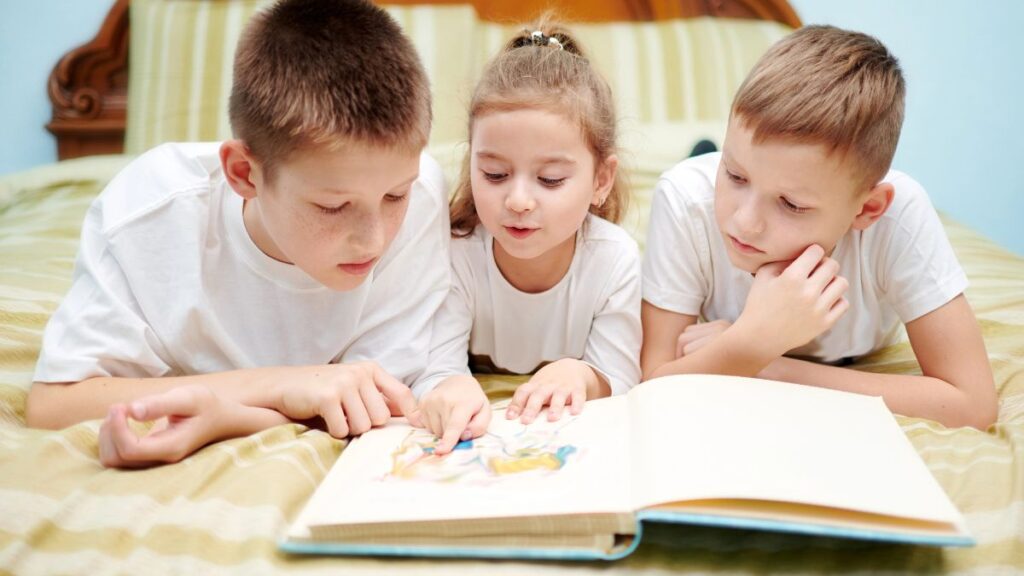
Patience is an excellent quality, but this lesson can be misleading. Waiting alone doesn’t make things happen—you often have to take action.
Opportunities come when you work toward them, not just because you’re patient. Sometimes you need to speak up, step forward, or create your path. Waiting is only helpful when it’s combined with effort.
You Can Be Anything You Want If You Just Believe

This saying is inspiring, but it leaves out a big part of the story. Dreams take hard work, resources, support, and sometimes a little luck. Not everyone has the same starting point or access to opportunities.
While belief is important, success usually comes from a mix of effort, planning, and persistence. Setting realistic goals can be more empowering than just dreaming big.
Adults Always Know Best
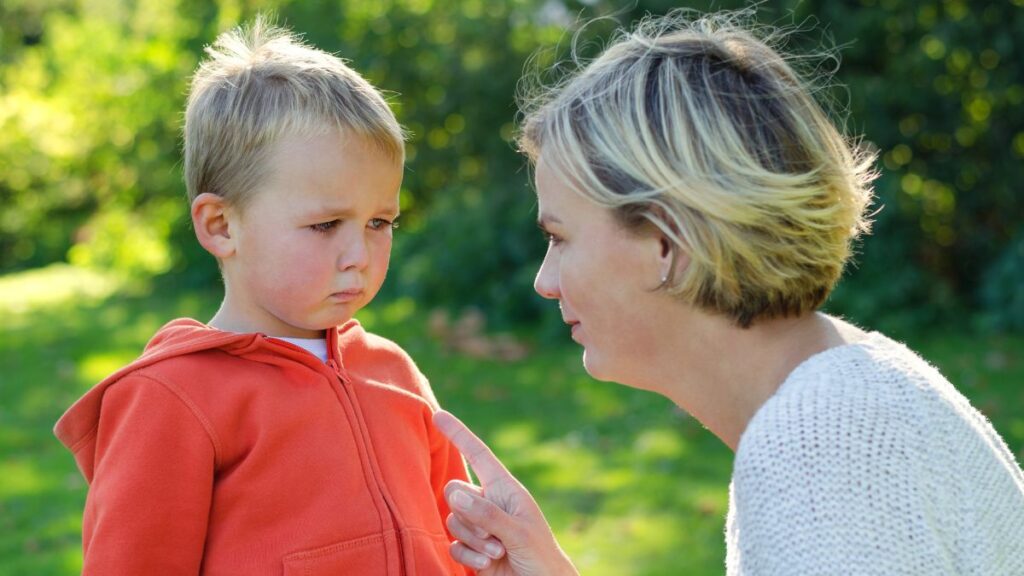
As kids, we were taught to trust adults no matter what. But as we grow up, we realize that adults make mistakes too. They don’t always have all the answers, and they can be wrong or act unfairly.
Learning to think for yourself and question things respectfully is an important life skill. Trust should be earned, not automatic.
Saying Sorry Fixes Everything

Apologies are important, but they don’t erase hurt or undo damage. Sometimes, people need time and actions to rebuild trust, not just words.
As kids, we were told to say sorry and move on, but it’s not always that simple. Real apologies come with change and responsibility. Forgiveness takes more than just a quick “I’m sorry.”
Life Is Fair If You Follow the Rules
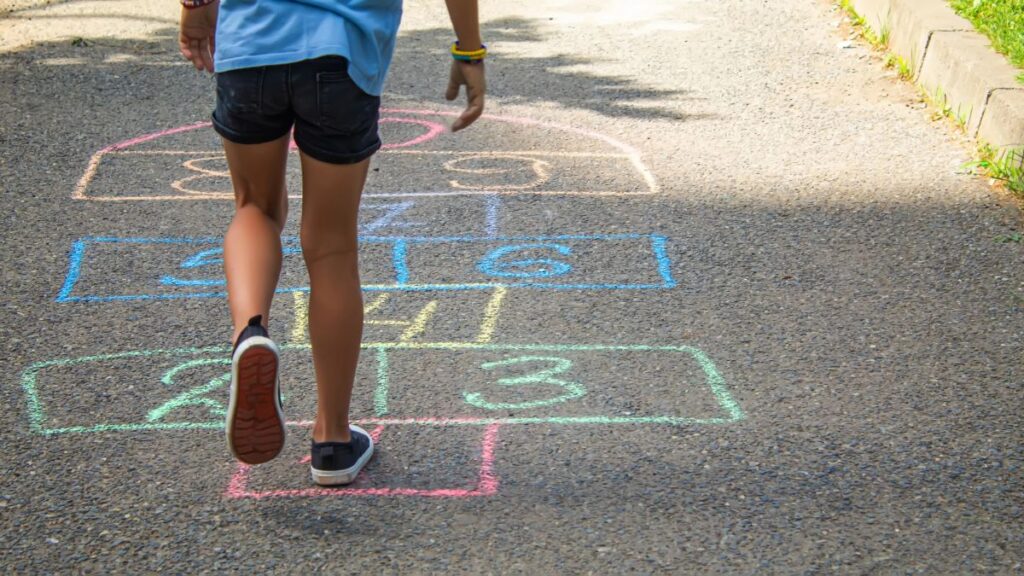
We were told that if we did what we were supposed to, things would work out. But life doesn’t always reward fairness or effort. Sometimes people cheat and win, and hard workers get overlooked.
This doesn’t mean you should stop doing the right thing—it just means the world isn’t always fair. Learning how to cope with unfairness is part of growing up.
Don’t Talk to Strangers

While safety is important, this rule can be overly strict and confusing. Not all strangers are dangerous, and sometimes it’s strangers who help us in emergencies. It’s more helpful to teach kids how to judge situations and people instead of just avoiding everyone they don’t know. As adults, we rely on strangers every day in stores, at work, and in our communities. The real lesson should be about awareness, not fear.
You Have to Forgive Everyone

Forgiveness is powerful, but it doesn’t always mean you have to welcome someone back into your life. As kids, we were told to forgive and forget, but healing sometimes means setting boundaries. Not everyone deserves a second chance.
It’s okay to forgive someone for your own peace but still keep your distance. Forgiveness should never come at the cost of your well-being.
You Shouldn’t Question Authority
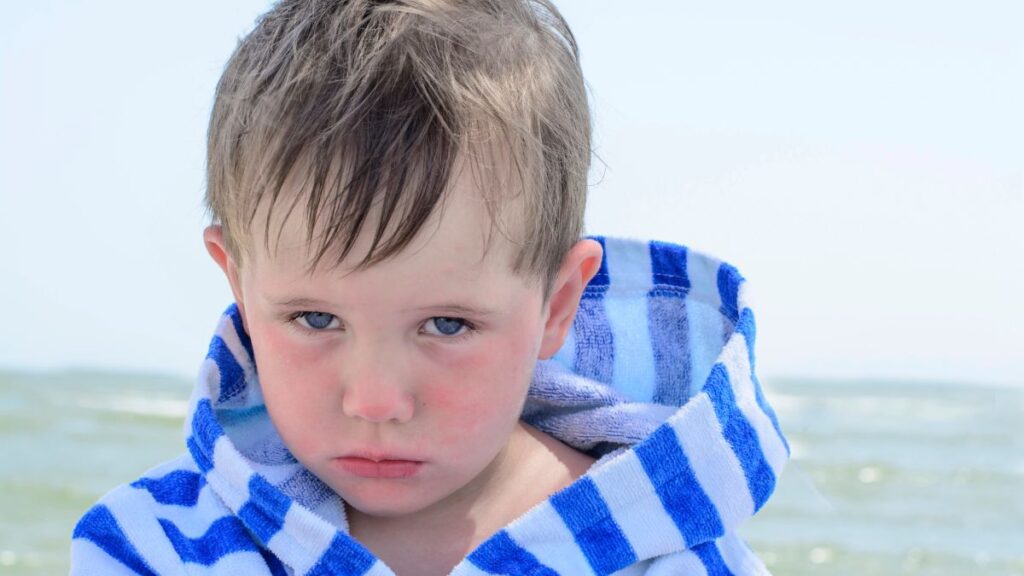
Obeying rules without thinking can lead to problems. As kids, we were told to listen and follow orders, but that doesn’t always lead to the right outcome. Sometimes, speaking up is the brave and necessary thing to do. Healthy questioning is part of learning and growing. Respect doesn’t mean silence—it means using your voice with care.
You Only Have One True Best Friend
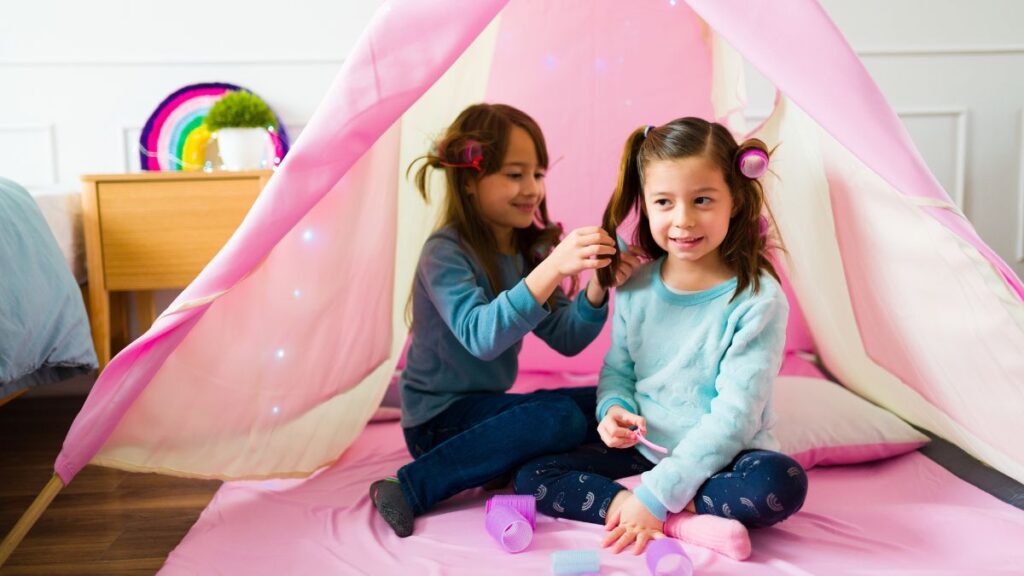
This idea can make friendship feel limiting and competitive. People grow and change, and it’s okay to have different friends for different parts of life. Putting pressure on one person to be your “everything” can strain the relationship.
As adults, we learn that friendships come in many forms and serve different purposes. You can have close connections with more than one person.
Mistakes Are Bad and Should Be Avoided

We were taught to aim for perfection, but mistakes are actually how we learn. Trying something and getting it wrong often teaches more than doing it right the first time.
Fear of messing up can stop us from trying at all. As adults, we understand that growth comes from trial and error. Mistakes are a normal and valuable part of life.
Success Looks the Same for Everyone

Growing up, we thought success meant money, fame, or a big job title. But as adults, we learn that success is personal—it might mean peace, freedom, health, or family. Everyone’s path is different, and that’s okay. There’s no single definition of a “good life.” True success is about what matters most to you.
Emotions Should Be Hidden

We were sometimes told to stop crying or to “toughen up.” But holding in emotions can lead to stress, anxiety, and disconnection. It’s healthy to feel and express emotions safely. Being open about how you feel helps build stronger, more meaningful relationships. Emotional strength comes from understanding your feelings, not hiding them.
Growing Up Means Having Everything Figured Out

As kids, we thought adults always knew what they were doing. But growing up doesn’t mean having all the answers; it just means learning how to keep going, even when you don’t.
Most adults are still figuring things out as they go. Life is full of changes and surprises. The truth is, no one ever really has it all figured out.
Related: 15 Clever Hacks To Reduce That Never-Ending Grocery Bill

Managing grocery expenses can be challenging for many households, especially with rising food costs and fluctuating budgets.
However, with some creativity and resourcefulness, you can implement numerous clever hacks to reduce your never-ending grocery bill without sacrificing the quality or variety of your meals.







